On Friday, we featured 25 founders and VCs who are having a notable 2018 — and who happen to be women. Herewith, 25 more who deserve some kudos for getting it done in the first half of this year. This list, meant to highlight the growing number of women with interesting companies or starting venture firms to watch, could easily be several times longer, we’re gleefully aware. Please feel free to tweet us or nominate in our comments section other women who’ve reached a particular milestone in 2018 and should be included in future profiles of female leaders who are on the rise, along with their organizations.
Shan-Lyn Ma, founder and CEO of Zola

Shan-Lyn Ma has huge ambitions for her wedding registry startup Zola, and her investors clearly trust her instincts. Indeed, Ma — a former executive with the e-commerce companies Gilt Groupe and Chloe + Isabel — originally started Zola to reinvent the traditional registry process. Now, Ma sees instead an opportunity to eventually address every need a young couple may have, from caterers to Cuisinarts, to eventually, perhaps, even home mortgages.
It’s well on its way, connecting engaged couples to 600 brands and 60,000 products. With the $100 million in Series D funding that Zola closed last month, its technology will presumably only grow more efficient — and ubiquitous. “Right now, we’re investing for growth. But we’re marching toward that goal where we are a huge company, serving companies across the entire wedding-planning journey, and have a business that supports that mission. Absolutely,” she tells us.
Heather Mirjahangir Fernandez, co-founder and CEO of Solv
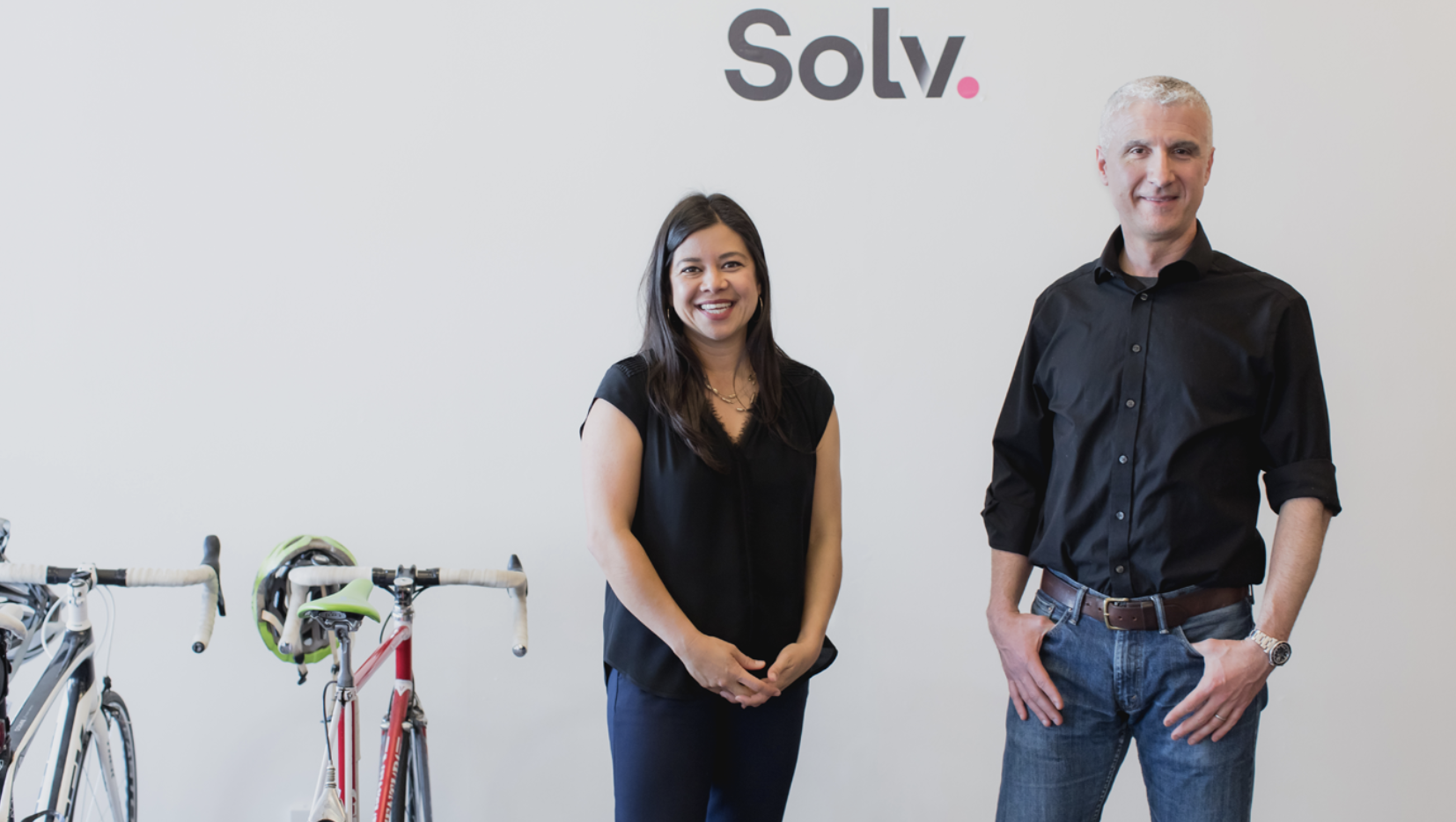
For nine years, Stanford MBA Heather Mirjahangir Fernandez led advertising product, marketing and sales strategy for Trulia, which builds tools and sells subscription services to real estate agents. But after Trulia was acquired by Zillow, Fernandez decided she’d learned enough to become a founder herself, co-founding Solv, a healthcare startup that, in the words of Forbes, “wants to do for urgent care what OpenTable did for restaurants, by bringing transparent pricing and easy-to-book appointments to the industry.”
There’s “something working in healthcare today, and it’s a category called convenient care,” Fernandez, who is CEO, told the outlet. Investors think Solv is particularly adept at the category, too, and provided the company with $21 million, including $16.8 million that Solv closed this past May. Maybe it’s no wonder. In its first year of operations, customers reportedly booked more than 1.5 million urgent care visits through its products.
Amanda Johnson and KJ Miller, co-founders, Mented Cosmetics

Amanda Johnson and KJ Miller met as Harvard Business School classmates. Now, they’re the founders of Mented, a cosmetics company for women of color whose message, and products — including nude lipsticks that match deeper skin tones — is resonating. As Miller told Forbes last fall, “Girls have been tagging their friends in their posts . . . Women of color were used to being treated as an afterthought. It’s not every day that you’re a priority.”
The company seems to be at the top of investors’ minds, certainly. After closing $1 million in seed funding last year, the outfit last month closed another $3 million round of funding that Johnson and Miller are using to expand Mented’s product range, which currently includes lip glosses, eyeshadows, nail polishes and accessories aimed at helping spread the word.
Jen Rubio and Steph Korey, co-founders of Away
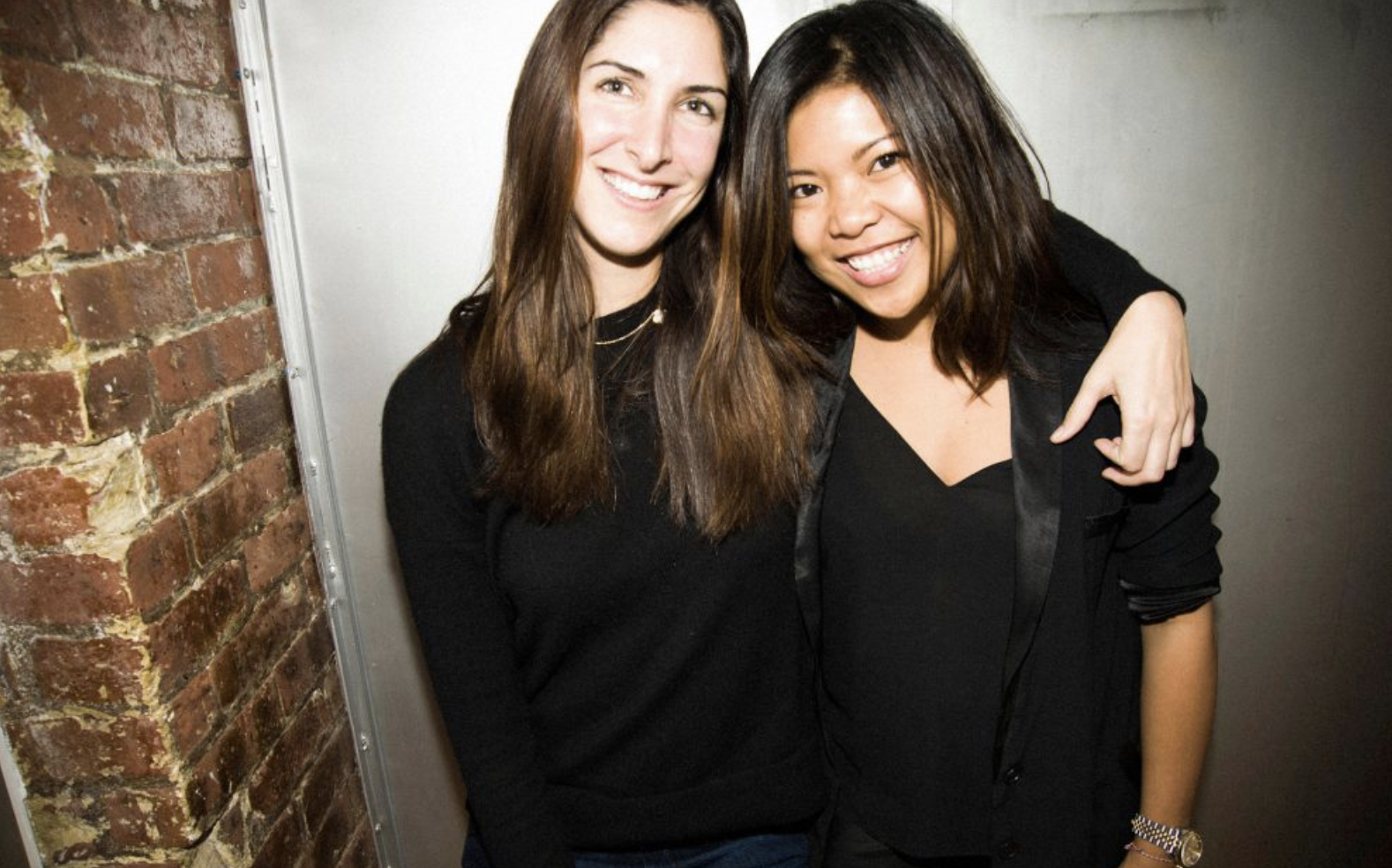
Jen Rubio and Steph Korey met while working at eyeglass outfit Warby Parker, and they together spied what looked like a gap in the market between junky travel offerings that threatened to fall apart and richly priced luggage that was too expensive for even gainfully employed millennials.
Their solution was Away, which makes “first-class luggage at coach price,” which Rubio and Corey say they can offer by selling directly to consumers, rather than through third parties that would eat into profit margins. The price belies some sophistication: Away’s polycarbonite bags come with 100 parts, including a lithium-ion battery located underneath the handle that travelers can eject to remain compliant with airline policies and which investors seem to like. Indeed, just this week, they provided the company with $50 million in fresh funding led by earlier investors Forerunner Ventures, Global Founders Capital and Comcast Ventures. Away has now raised $81 million altogether.
Lea von Bidder, co-founder and CEO of Ava
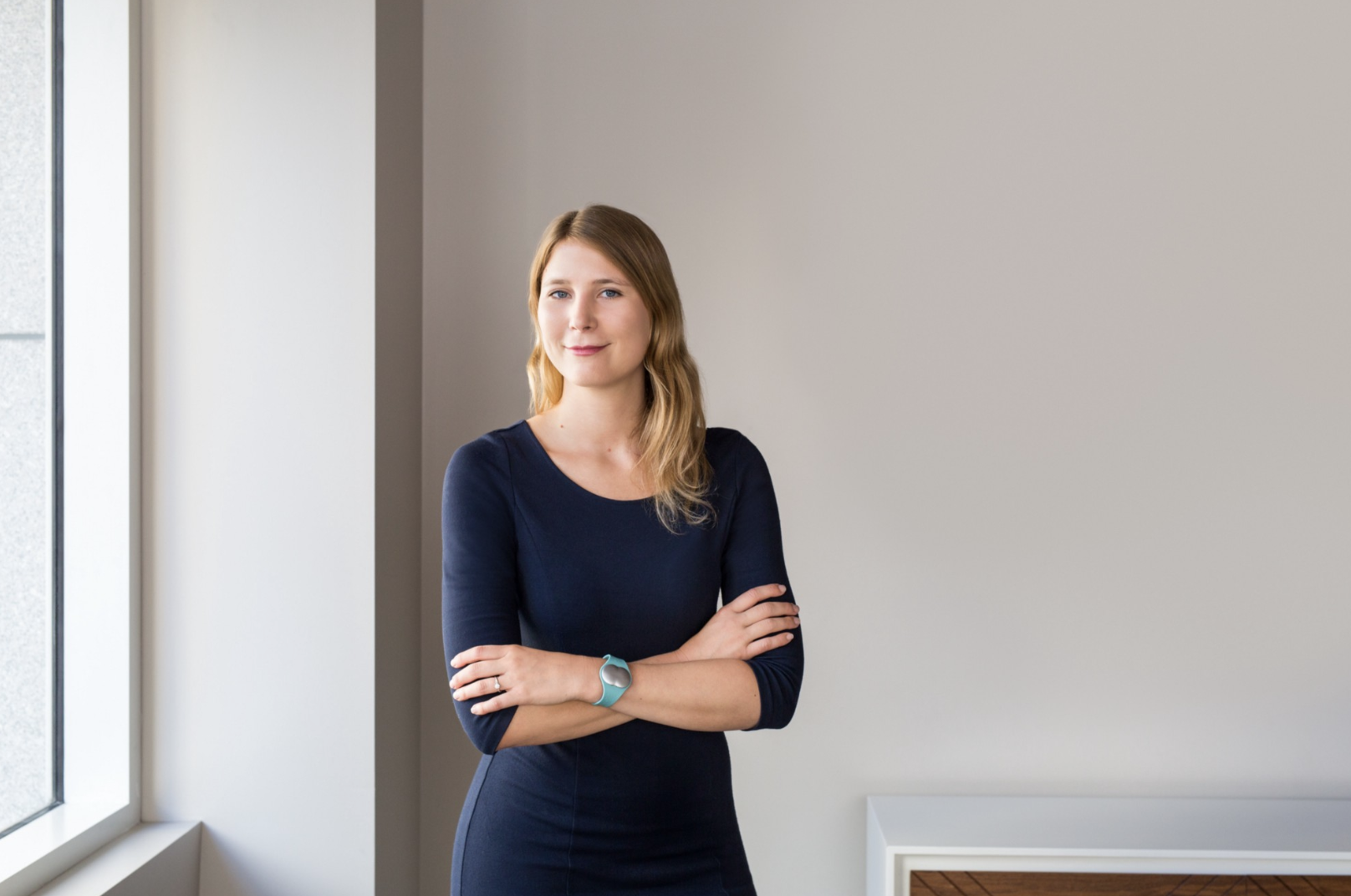
Lea von Bidder knew she wanted to be an entrepreneur. She trained for it, nabbing degrees in entrepreneurship at Zhejiang University, Purdue University and Ecode de Management de Lyon while also burnishing her operating skills via a marketing stint at Proctor & Gamble, and strategy consulting at Estrin & Co. in Paris.
All would lead to Ava, a med-tech startup that has been called the Fitbit for fertility because of its popular tracking bracelet that monitors nine physiological parameters to help detect users’ fertility windows, from breathing rate to pulse rate to temperature. Indeed, despite plenty of competition from other ovulation trackers, investors think Ava is on to something, providing the company with $30 million in Series B funding late last month. The majority of Ava’s new funding came from earlier investors, with prominent European VC firms btov and SVC also joining the round.
Afton Vechery and Carly Leahy, co-founders of Modern Fertility
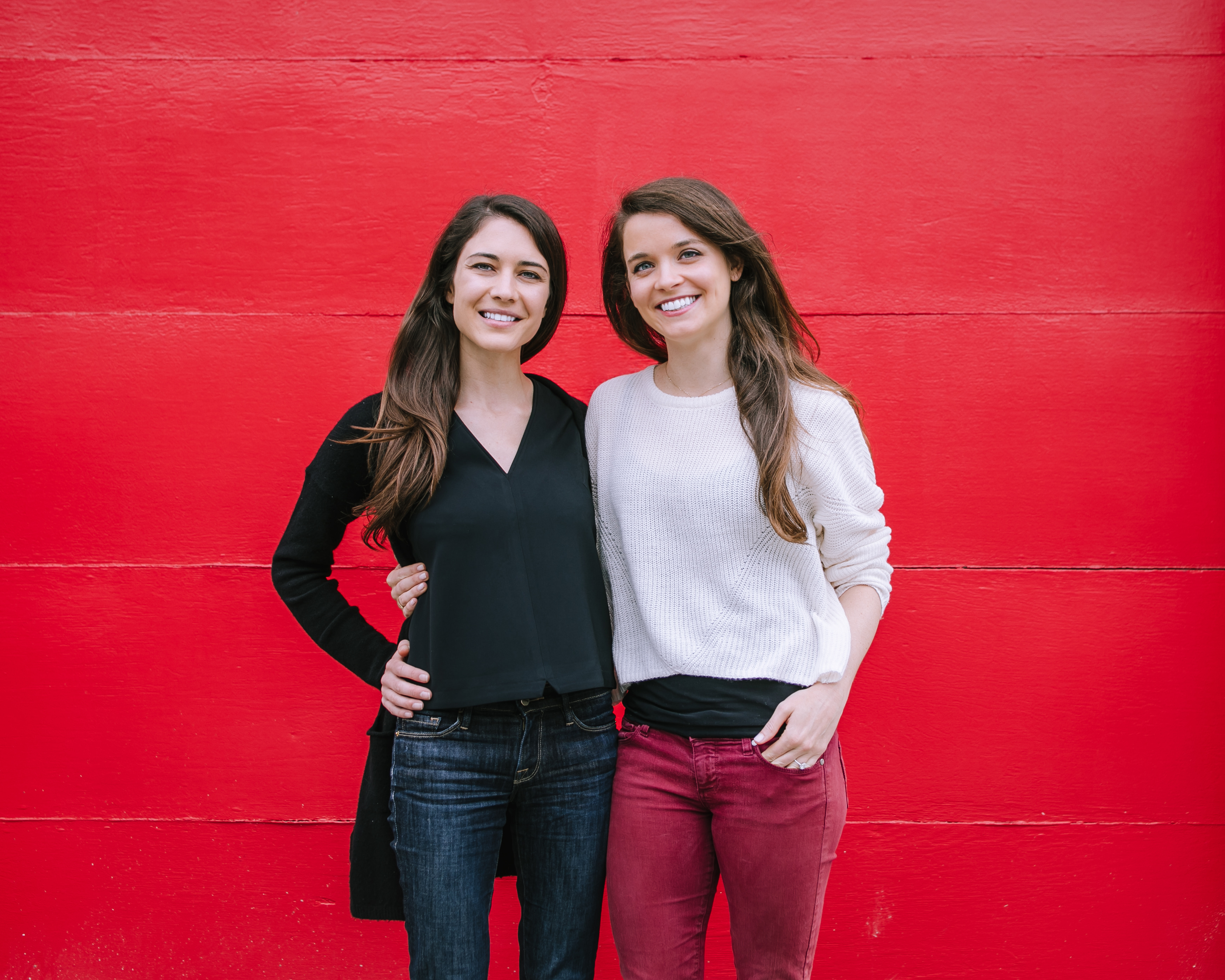
A San Francisco-based startup called Modern Fertility wants to educate women about their reproductive health much earlier in their lives, enabling them to become more “proactive” instead of reactive, says co-founder and CEO Afton Vechery, a former product manager at the genetic testing company 23andMe and, before that, an analyst at a healthcare-focused private equity firm. In both jobs, Vechery learned of the growing number of companies that are empowering customers with information about their own bodies. At 23andMe in particular, she also came to appreciate the importance of making that information affordable. Indeed, after shelling out $1,500 for tests run by a reproductive endocrinologist to get a better picture of her own reproductive health, Vechery and her friend and co-founder Carly Leahy, a creative strategist, set out to create similar tests that one needn’t be a Rockefeller to order.
The product they built — an at-home finger-prick hormone test that sells for $199 — is something investors are betting will take off. The day the tests were made available to customers for the first time, in late May, Modern Fertility also announced $6 million in funding, co-led by Maveron and Union Square Ventures.
Sarah Smith, partner at Bain Capital Ventures
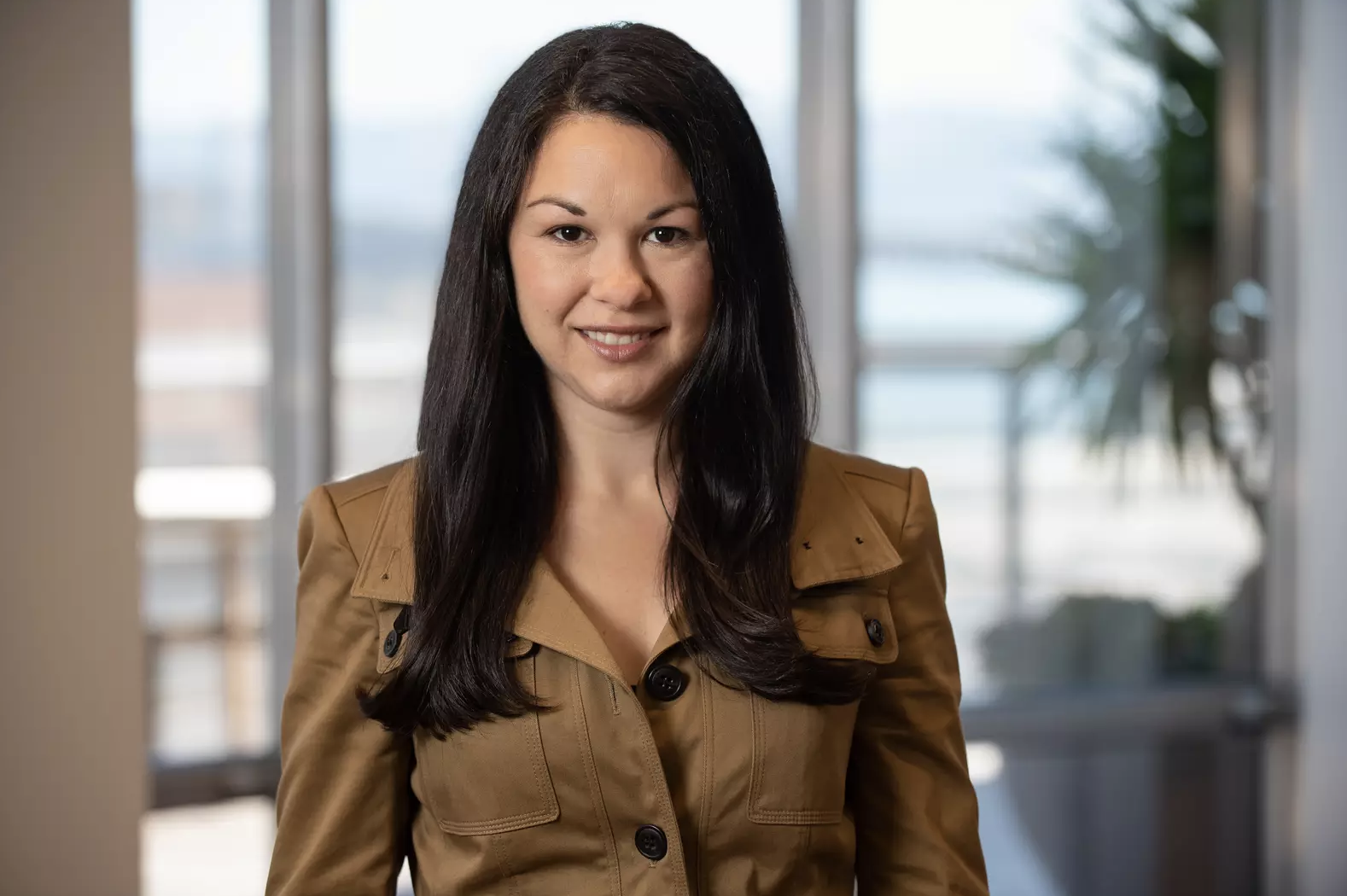
Sarah Smith spent roughly five years at Facebook in a variety of roles before logging another roughly five years at the question-and-answers site Quora, where she served as the company’s vice president of advertising sales and operations. While Smith was gaining operating expertise, the one-time music education major knew she wanted to break into the world of venture capital. Part of that effort included helping out Village Global, a young venture firm that relies on a network of entrepreneurs and angel investors as deal scouts, and is backed by big wheels like Reid Hoffman and Bill Gates. Smith also worked three years as a partner with Graph Ventures, a seven-year-old, early-stage investment group, where she sourced 20 deals, including Winnie, whose founders we featured here. As Smith recently told Forbes, “When I thought about the next steps in my career, [venture capital] seemed the best way to work with multiple companies.”
Ultimately, Smith decided that the best place to do that is with Bain Capital Ventures, which recruited Smith as its first female investing partner in late May — a big deal, considering the firm has been up and running for 17 years. For Smith, the opportunity isn’t merely to help BCV reshape its thinking and (likely) attract more female founders, it’s also a chance for her to write bigger checks to startups, given that BCV is currently investing out of a $600 million fund (and is likely to close another big fund in the not-too-distant future).
Preethi Kasireddy, founder and CEO of TruStory

Investing in initial coin offerings, or ICOs, is a minefield. This isn’t just true for people with absolutely no technical background but also for many investors who may be well-versed in tech but still struggle to understand many projects’ white papers. Enter L.A.-based TruStory, a platform for users to research and validate claims that people make online, whether in a blog post, white paper, website or social media post. The young company’s aim is to “bring authenticity back into the digital and decentralized world.”
At least it will be when it gets built. Right now, investors are betting entirely on the talents of TruStory’s founder, Preethi Kasireddy, a USC grad who studied industrial and systems engineering before taking a job as a banking analyst with Goldman Sachs after graduating and, later, a role with Andreessen Horowitz’s deals group. A third job, with the cryptocurrency exchange Coinbase, would lead her to teach herself software engineering, enabling her to architect and implement the front-end interfaces and APIs required for the integration of Ethereum onto Coinbase’s brokerage platform, among other things. Maybe it’s no wonder that investors, including Coinbase co-founder Fred Ehrsam, gave TruStory $3 million in funding this year, given Kasireddy’s penchant for getting things done.
Nicky Goulimis, co-founder and CEO of Nova Credit
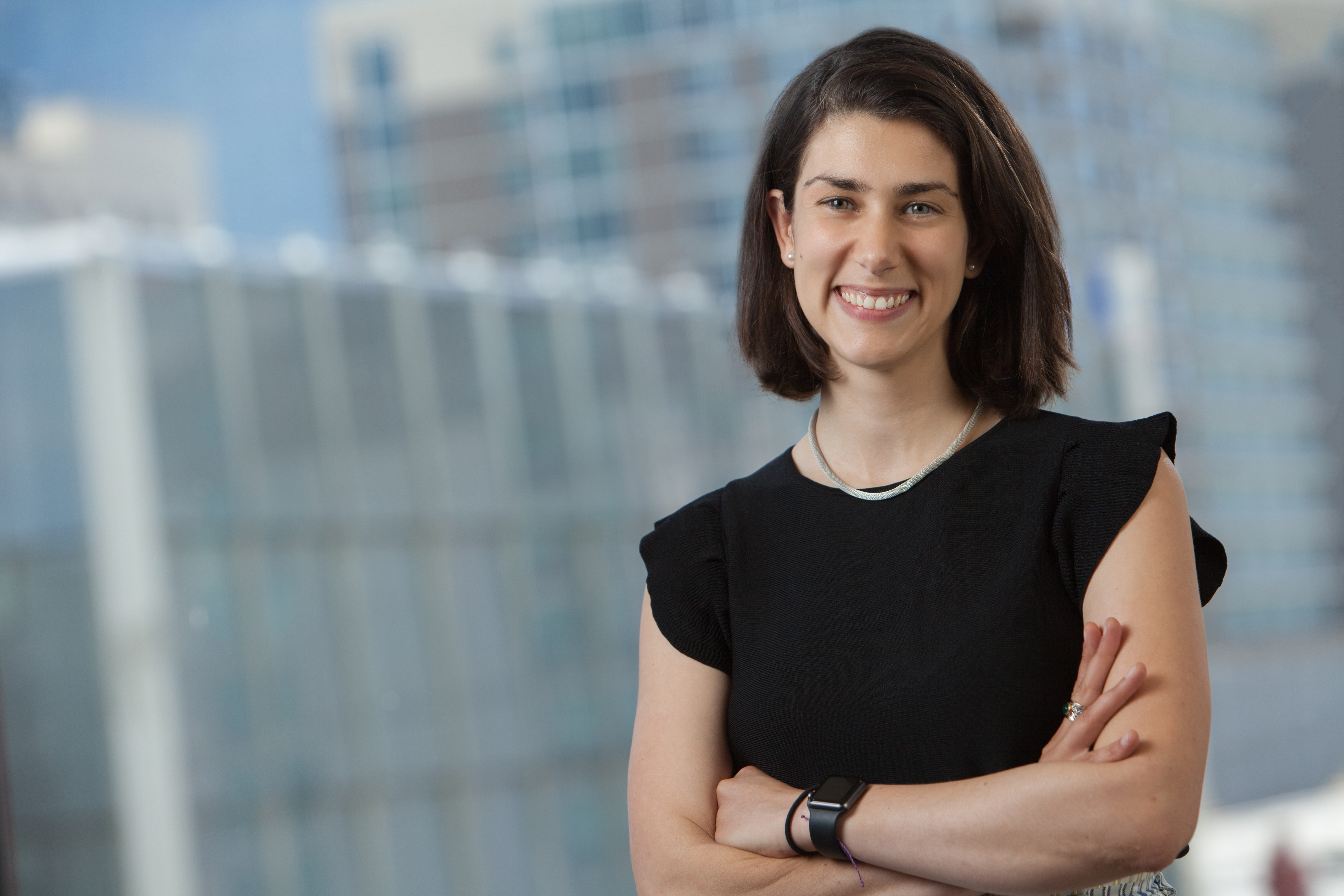
There are more than 50 million immigrants in the U.S. and Canada, and more than 240 million immigrants around the world. In fact, immigrants account for one of the fastest-growing demographics in the world and are expected to drive more than 80 percent of population growth in developed economies. Yet when they arrive in the U.S. as students or for work, they’re basically credit invisible. Nova Credit, a three-year-old, San Francisco-based startup, is trying to address the issue by providing lenders, property managers and other businesses with real-time international credit reports in order for them to acquire immigrant consumers from around the world.
The company’s founder, Nicky Goulimis, a native of Greece who grew up in the U.K., came up with the idea while attending Stanford’s grad school, where she quickly discovered the problems she faced — including difficulty in getting an apartment without a U.S. credit report (no choice but to pay several months’ rent up front), getting a credit card (which involved having to use small amounts on a very limited card, pay it off, then ask for a progressively larger credit line) — have been the case for all internationals relocating to the U.S. for years. In fact, her two co-founders — Misha Esipov, whose parents moved to the U.S. from Russia, and Loek Janssen, who arrived at Stanford from the Netherlands — experienced the same things.
The good news: investors see opportunity in addressing the issue. Earlier this year, General Catalyst and Index Ventures led a $16 million Series A round in Nova Credit. First Round Capital, Nyca and Y Combinator also joined the financing.
Casey Lynch, co-founder and CEO of Cortexyme
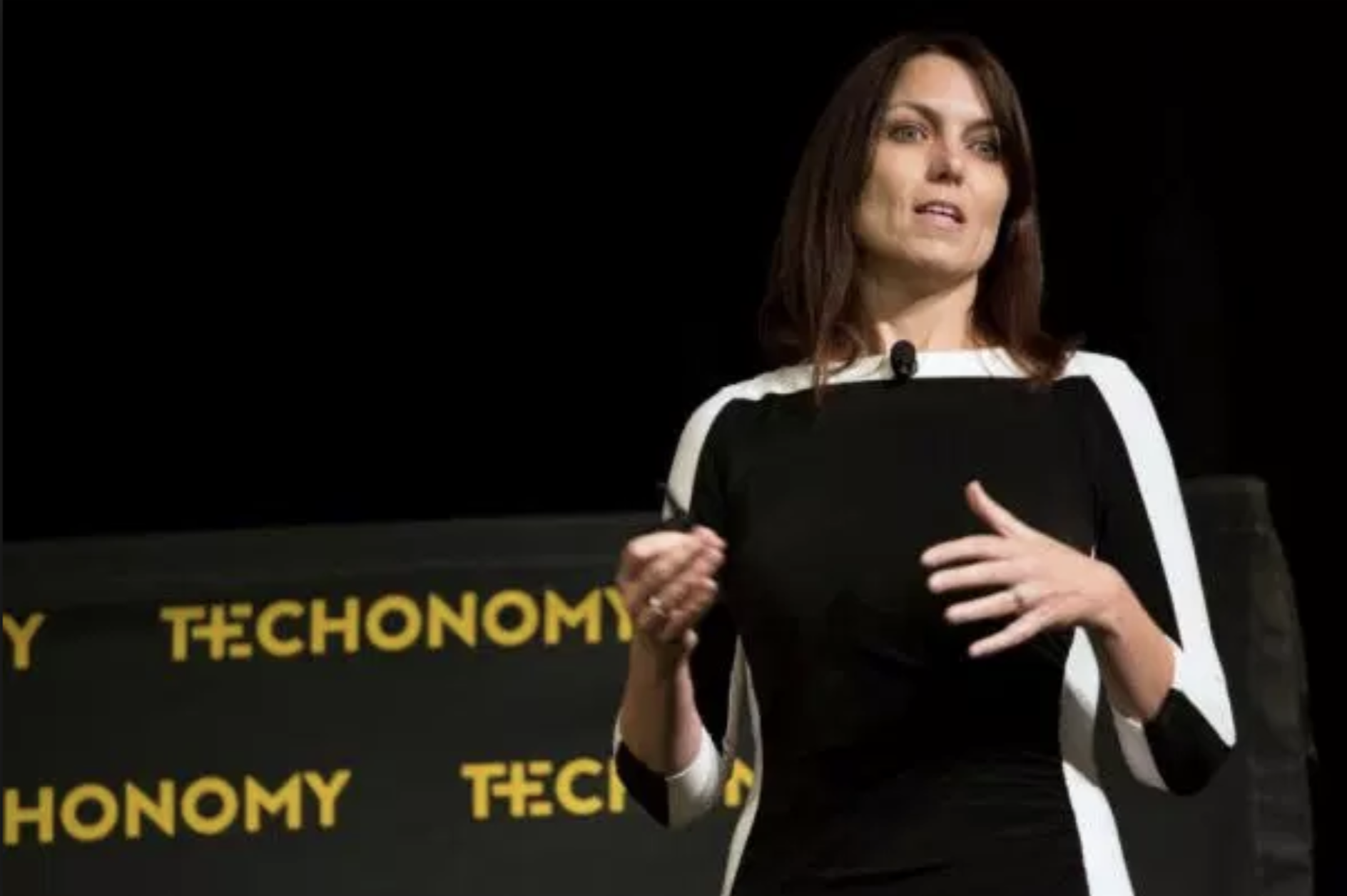
Cortexyme, a five-year-old, South San Francisco-based developer of Alzheimer’s disease therapeutics, raised $76 million in Series B funding at the end of last month, including from Sequoia Capital, Vulcan Capital and Alphabet’s Verily Life Sciences subsidiary.
The company’s CEO? Casey Lynch, a serial entrepreneur with a background in Alzheimer’s research at both UCSF and Stanford, whose biggest fear is that our bodies are living ever longer, while our brains have the same short half-life. She’s trying to do something about it, too. Specifically, Cortexyme believes that toxic bacterial proteins secrete enzymes that digest our brain cells, causing our neurons to fall apart. Toward that end, Lynch’s company has looked at dozens of Alzheimer’s patients’ brains to confirm that the proteins are causing the problem, not merely correlated with it. Whether the narrow antibiotic that Cortexyme is developing to take on these proteins will work remains an open question, but clearly investors — including early backer Breakout Ventures, a venture firm that counts Peter Thiel as its anchor investor — think it has a shot.
Stephanie Alsbrooks and Georgine Muntz, co-founders, defi SOLUTIONS
People in Silicon Valley circles don’t know Stephanie Alsbrooks or Georgine Muntz, but their five-year-old, Texas-based company, defi SOLUTIONS, certainly caught the attention of the folks at Bain Capital Ventures, which provided it with $55 million in the company in January.
What’s the attraction? For starters, Alsbrooks and Muntz have spent the last 14 years, collectively, in the world of auto finance; the experience makes them as well-positioned as any to run a software-as-a-service business aimed at the auto-lending industry. It’s also a huge industry. In 2016, the total balance of auto loans outstanding in the U.S. hit a record $1.2 trillion.
Bain also insists that defi gives lenders far more control and configurability so they can manage a loan’s entire life cycle without expensive and oft-delayed professional services. That’s a big deal in a world not known for being especially insightful about customers’ pain points.
Alexandra Zatarain, co-founder and CMO of Eight

Alexandra Zatarain was born in San Diego and raised in Tijuana, Mexico, where most of her family lived, before she set out for New York and a job in public relations. Zatarain might have stayed in PR, too, if not for her father, who was struck with terminal cancer and suffered the loss of strength and body heat that afflicts so many cancer sufferers. It made Zatarain — missing him from 4,400 miles away — wonder what a product might look that could have monitored him remotely, as well as made him more comfortable.
Enter Eight, an online mattress company Zatarain created four years ago with three co-founders, whose beds also track users’ sleep, allows them to set the ideal temperature for both sides of their bed and sets “smart alarms.” The startup, which already sells three models of mattresses, ranging in price from $699 to $1,299, is certainly a soothing proposition to investors. Earlier this year, Eight raised $14 million in Series B funding led by Khosla Ventures, with participation from Y Combinator and Yunqi Partners. The company has now raised $27 million altogether.
Marcela Sapone and Jessica Beck, co-founders of Hello Alfred
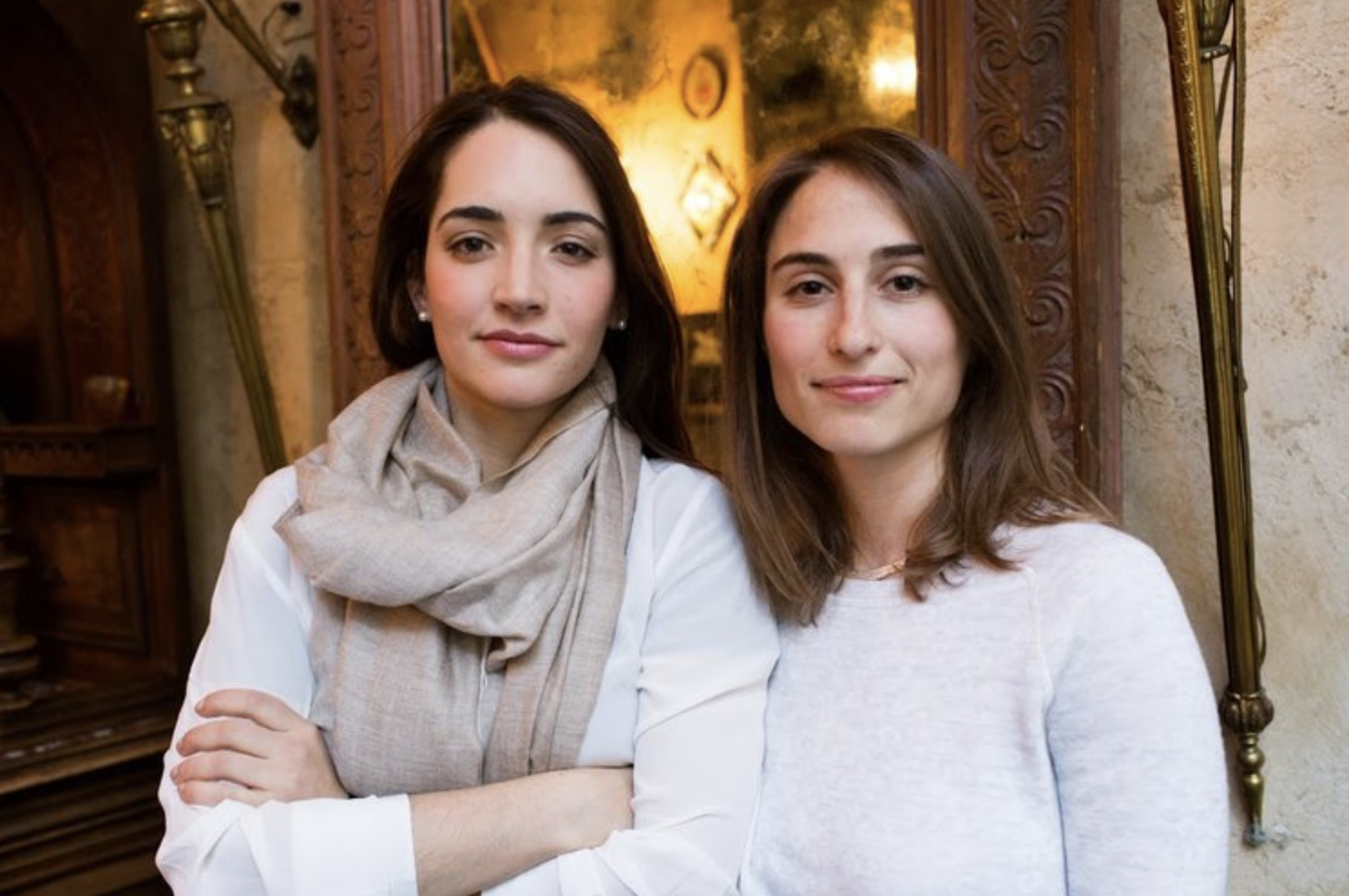
Marcela Sapone and Jessica Beck didn’t set out to create a startup that handles people chores, one to-do item at a time. The friends, who met while at Harvard Business School, decided to explore the idea after they hired help from Craigslist to help with their own laundry and grocery shopping, splitting the cost and attracting the attention of acquaintances in the process. “It was a little bit of an accident,” Sapone once told Business Insider. “We built the product for ourselves, and over time people in our apartment building said ‘Hey, can I get in on that?'”
Fast-forward and their four-year-old, New York-based company, Hello Alfred, now relies on a growing flock of trained home helpers who help customers of their company with all kinds of chores on a once-a-week basis, enabling the company to charge the kind of monthly subscription fee that investors like to see. Just a few weeks ago, in fact, Hello Alfred closed on $40 million in fresh funding led by real estate developers Divco West and Invesco, with participation from Spark Capital and New Enterprise Associates. The company has now raised more than $52 million altogether.
Alex Friedman and Jordana Kier, co-founders of LOLA
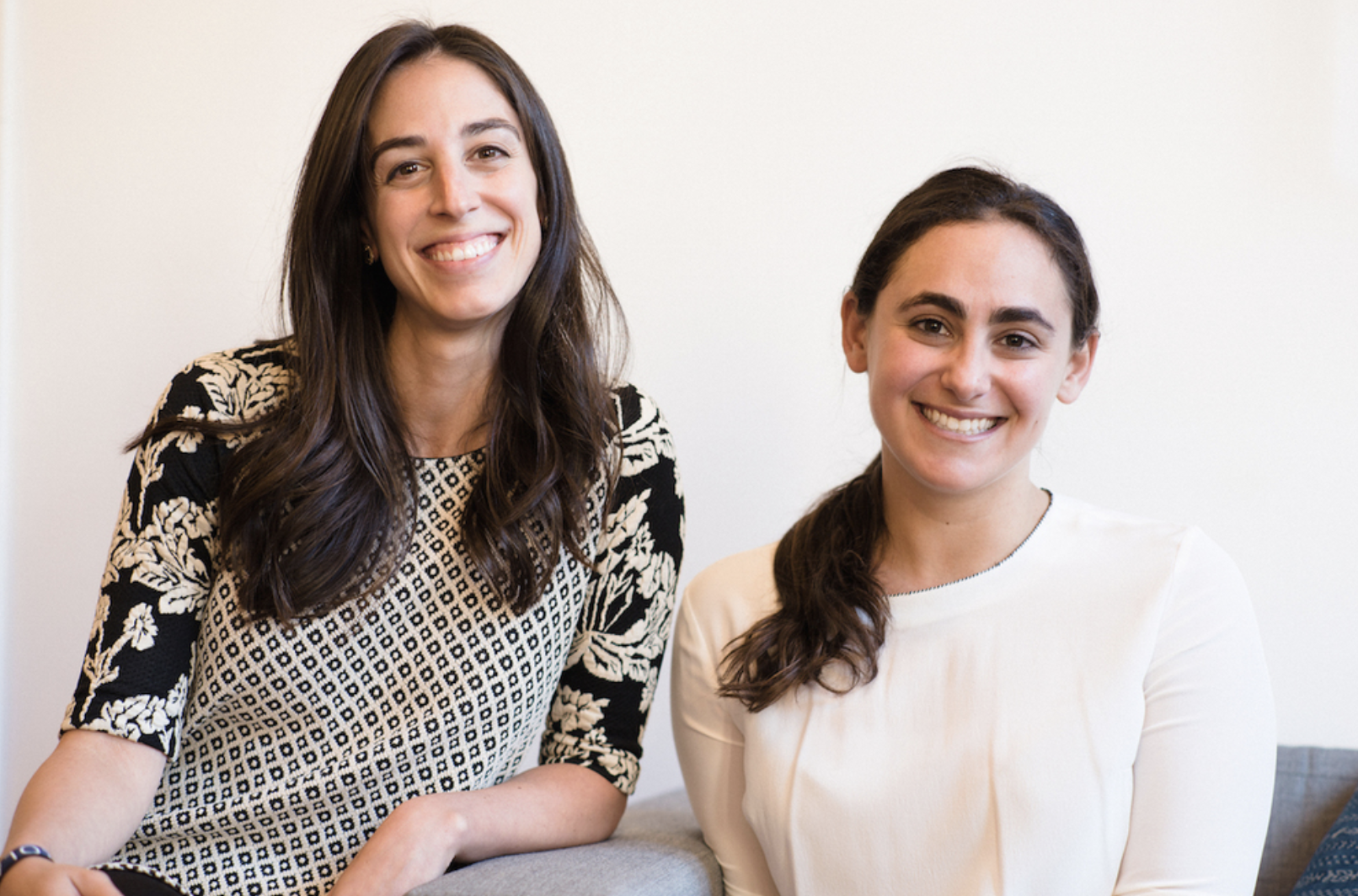
Launched in 2015, LOLA’s founders Alex Friedman and Jordana Kier formed a company around an idea that they thought stood a chance of challenging industry giants Tampax and Playtex: 100 percent organic feminine products. As Kier told TechCrunch a couple of weeks ago, “We founded LOLA with a simple and seemingly obvious idea — as women, we shouldn’t have to compromise when it comes to our reproductive health.” Indeed, Kier said, “Like most women, we’d been using the same feminine care products since we were teenagers. But when we found out that brands — including the same ones we were loyal to all those years — aren’t required to disclose exactly what’s in their products, it made us wonder: what’s in our tampon?”
Smart question — and clearly one that Kier and Friedman were alone in asking, given the company appears to be growing at a healthy clip. It’s direct-to-consumer subscription approach — it ships out tampons, pads and liners that are made only with organic cotton and don’t contain fragrances or dyes — appeals to investors, too. Earlier this month, the company closed on $24 million in Series B funding led by Alliance Consumer Growth, with participation from Spark Capital, Lerer Hippeau and Brand Foundry Ventures. The company has now raised just north of $35 million altogether.
Alyssa Ravasio, founder and CEO of Hipcamp
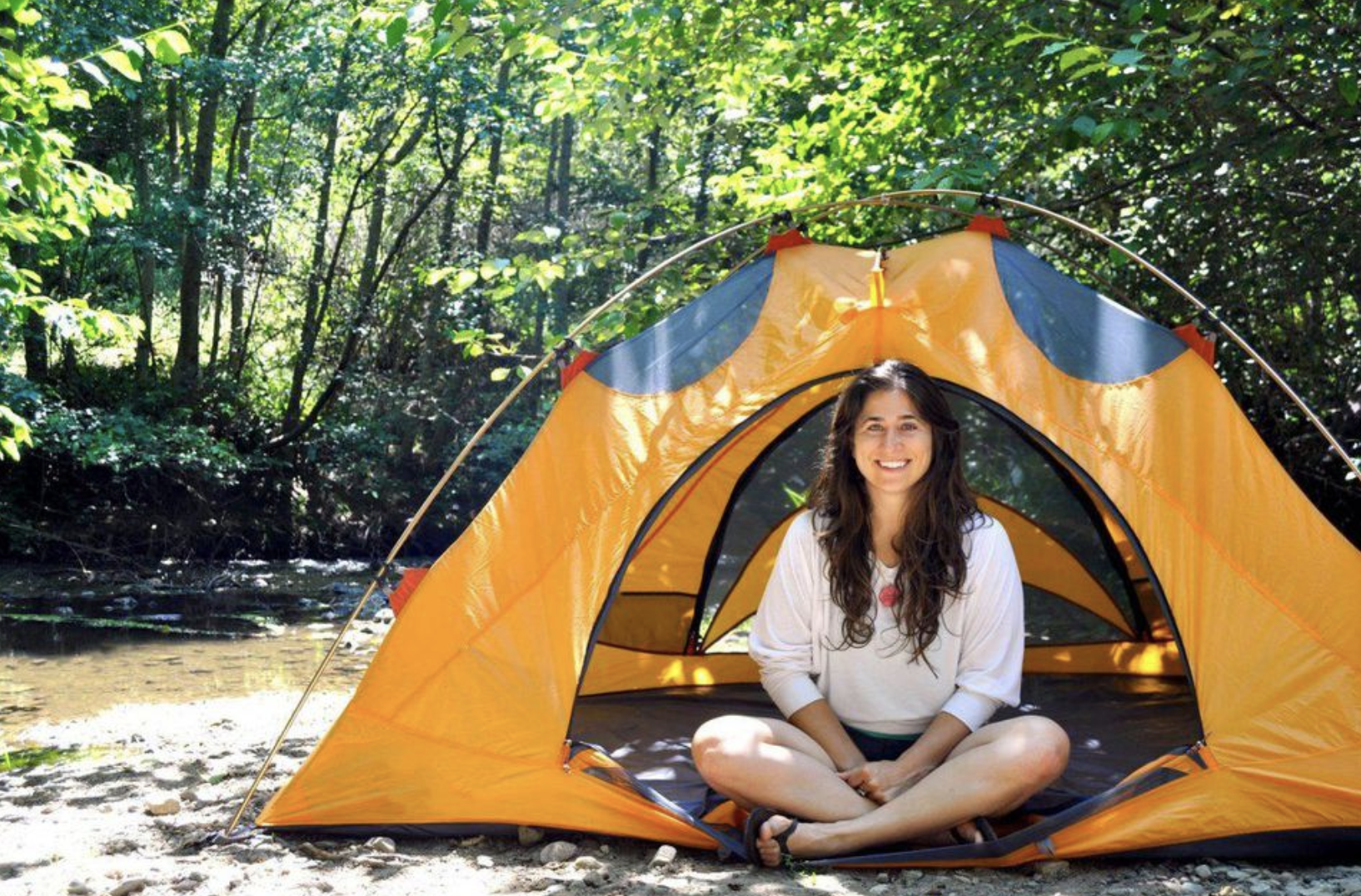 Alyssa Ravasio always loved the outdoors and according to a recent Forbes profile, headed to a developer boot camp after striking on the idea of creating a site filled with everything a camper needs to know about state and national campgrounds, including, say, a nearby surf break they might want to check out. An even bigger insight would come later: that there was an opportunity to partner with private land owners to give camper’s the kind of experience they can’t enjoy at a crowded campground.
Alyssa Ravasio always loved the outdoors and according to a recent Forbes profile, headed to a developer boot camp after striking on the idea of creating a site filled with everything a camper needs to know about state and national campgrounds, including, say, a nearby surf break they might want to check out. An even bigger insight would come later: that there was an opportunity to partner with private land owners to give camper’s the kind of experience they can’t enjoy at a crowded campground.
Enter Hipcamp, a now five-year-old, San Francisco-based operator of a site for travelers to discover and book camping experiences, and which raised $9.5 million in Series A funding last month led by Benchmark. It’s a big deal for the company, and gives it more ammunition to compete against a newer, New York-based competitor called Tentrr that raised $8 million in Series A funding earlier this year and is making its way West this summer.
Ruzwana Bashir, founder and CEO of Peek

Ruzwana Bashir, a native of England born to Pakistanti immigrant parents, has said that she was always an explorer, including while studying at Oxford, working in investment banking and private equity at Goldman Sachs and Blackstone and dabbling in the startup world — at Gilt Groupe and Art.sy — before jumping into entrepreneurship.
Why make the leap? Because of 20 hours spent trying to plan a friend’s birthday in Istanbul, after which it occurred to Bashir that it’d be awfully nice if there were simply a one-stop that helped users discover what to do on their trips and which vendors to use to do it.
So began Peek, a now six-year-old, San Francisco-based “OpenTable for the $100 billion activities market,” as Bashir has described it, that now claims to offer 10,000 experiences in the U.S., Mexico and numerous European cities. The vision has struck a chord with investors, too. Just two weeks ago, the company closed on $23 million in Series B funding led by Cathay Innovation, with participation from numerous individual investors. The company has now raised $40 million altogether.
Lisa Shields, founder of Hyperwallet
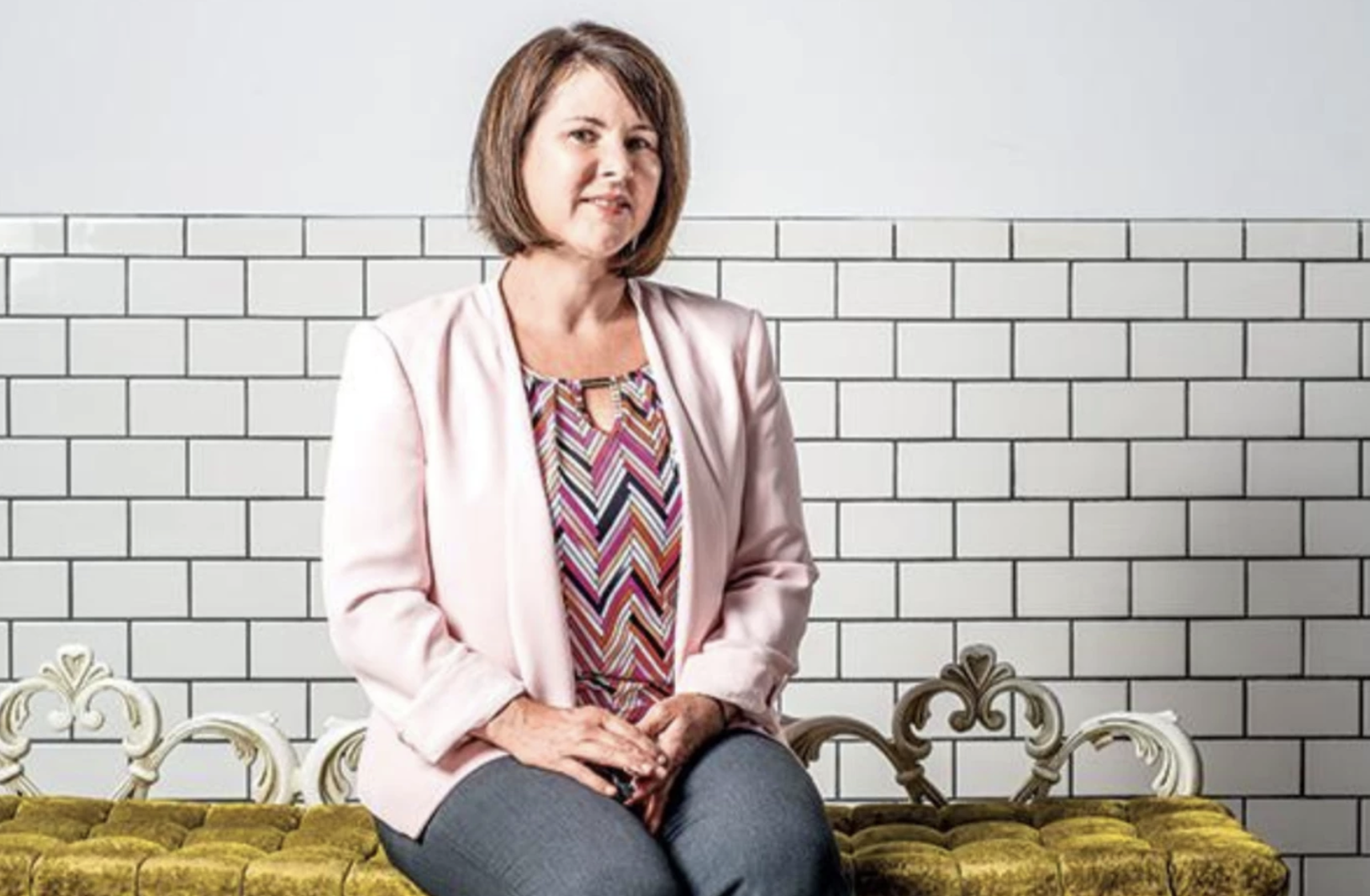
In mid-June, PayPal announced that it’s paying $400 million in cash for Hyperwallet, an 18-year-old, Bay Area-based company that helps people and small businesses receive payments for products and services that they sell, including through the vacation rental platform HomeAway and the skin care marketing company Rodan & Fields. What was the allure? Well, Hyperwallet interlinks cash networks, card schemes and mobile money services with domestic ACH networks around the world to enable what it characterizes as “disruptively priced” and, as crucially, compliant mass payments.
If you think the company was flying low, its founder, and former CEO Lisa Shields, seems to fly even lower, despite her bona fides as an entrepreneur. Indeed, the MIT-trained engineer, who originally launched Hyperwallet in Vancouver, last year founded a second company called FI.SPAN, which is an API management platform that aims to allow banks to quickly deploy new business banking products. Before switching gears, however, she was presented with an Entrepreneur of the Year award by EY in 2015, where she’d said she was “honored and humbled, not to mention surprised.”
Cindy Mi, founder and CEO of VIPKid
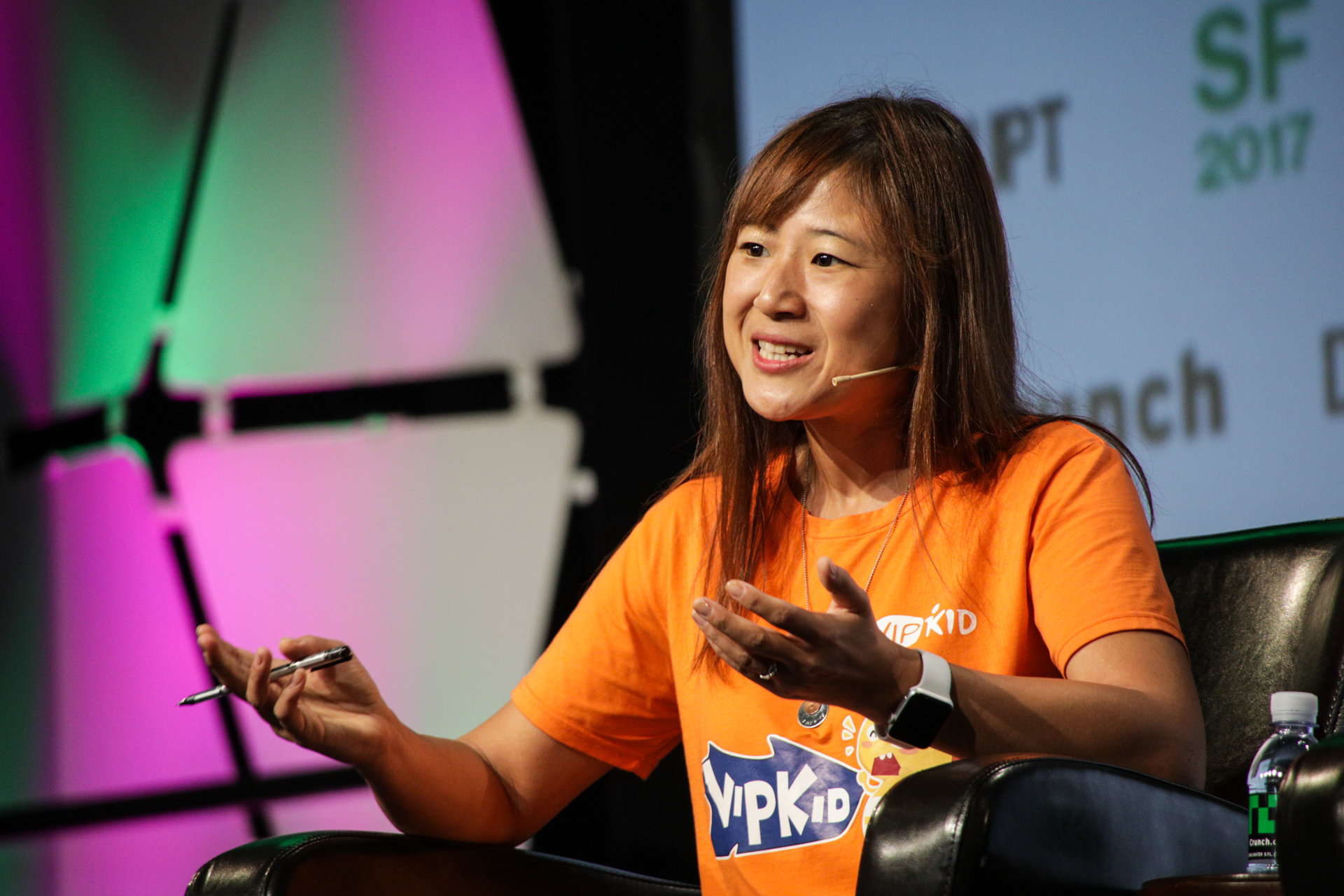
Cindy Mi started building a global education marketplace from day one with her online education company, VIPKid, which matches Chinese students with North American teachers. The reason, she says: She’d start teaching younger children English at age 15, and she felt, even then, that she was helping to empower these children for a future where the world is increasingly connected.
Following her dream of scaling that effort is certainly paying off, for Mi, for teachers and for students. According to VIPKid, the online company now matches more than 30,000 North American teachers with more than 200,000 primarily Chinese students for one-on-one sessions in English that give teachers extra money and the flexibility to teach when they can. The platform also enables parents to provide the kind of education for their children that might not be available in their own backyards. As for VIPKid, it reportedly brought in $760 million in revenue last year, more than double what it garnered in 2016. Perhaps it’s no wonder that in June, Mi’s company announced a fresh $500 million, at a whopping $3 billion valuation.
Carmen Chang, general partner and head of Asia at New Enterprise Associates
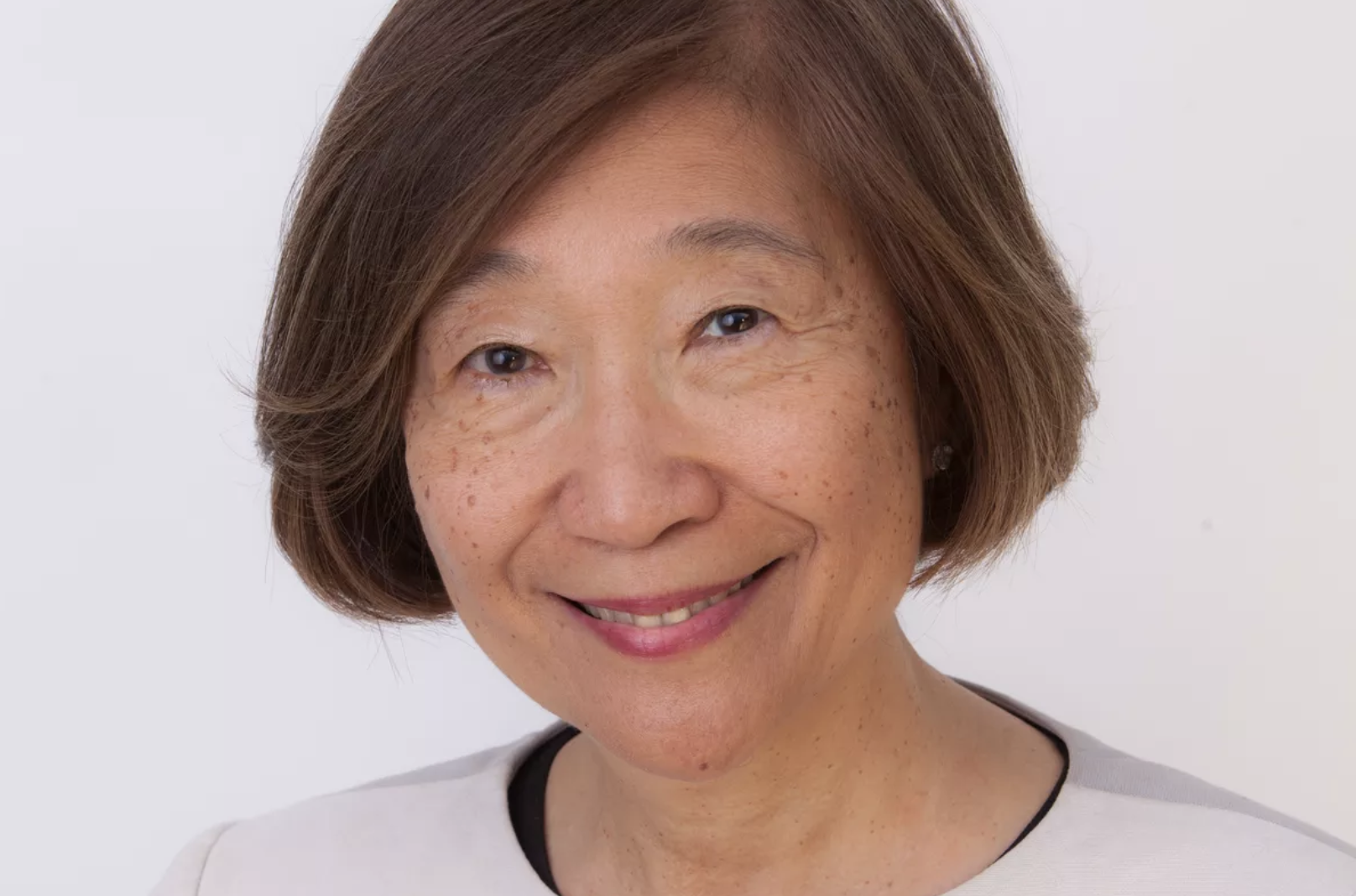
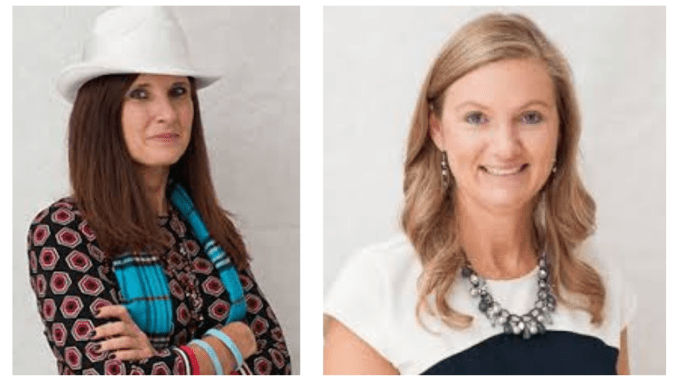
0 coment�rios:
Post a Comment